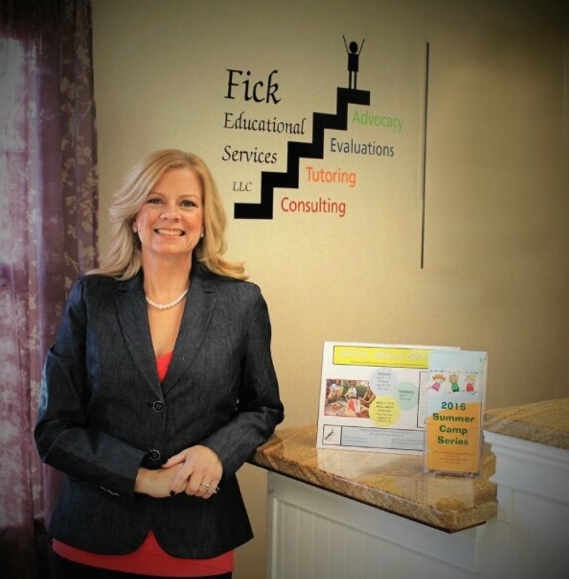The last 6 months have been rife with challenges for parents and children alike. Jobs and classes have been transitioned to home offices, Zoom calls have replaced face to face conversations, and a mask is a must have outside of the house. The stress of a changing lifestyle has affected everyone, and for many individuals, staying healthy mentally can be more difficult than physically. Considering this, we’ve recognized how crucial executive function skills are for students facing a school year outside of the traditional classroom.
Executive function skills are often misunderstood by parents and educators. There is the mindset that they are innate and inherited; that your abilities are something you are born with and must elect to use over time. As Harvard’s Center on the Developing Child points out, children are NOT born with a full array of executive function skills. Instead, they must learn them, likely through modeling behavior they see in their own lives. From that modeling, they gain the key executive function skills of using their working memory effectively, having mental flexibility, and exercising self-control.
The ongoing pandemic has presented two major problems. First, students’ developing executive function skills are being tested and stretched to the max. It’s hard to be mentally flexible and control impulses when there is one mode of learning (digitally) and an infinite collection of distractions one mouse click away. Second, students aren’t given as many opportunities to see good executive function in action. When they are not in a classroom, it’s harder for teachers to consciously and subconsciously show them how to learn and they lose the opportunity to see their peers succeeding at utilizing their executive function skills. In a way, they’re in an executive function desert when working independently and virtually.
To make sure your child has the opportunity to continually hone and grow their executive function strategies, we have three quick exercises to use:
- Get your child to improvise by asking them to explain something they’ve learned today. If they seem confident explaining it verbally, ask them to visually explain it through a drawing. If they can do that, have them try explaining it by comparing it to something else or creating an example or without using any words or by telling a story. The goal is not necessarily to have them explain the concept flawlessly. Instead, you want them to be able to shift the thinking process and be able to explain it flexibly and in new ways. The more ways a learner understands a concept, the more secure that knowledge it. Plus, you may find out your child prefers a unique method of expression for such knowledge!
- Build and stick to a specific set of rules for school days. It sounds simple but this step gets overlooked and underworked. These rules and schedule should be explicit for your child. Instead of agreeing that they are “at their workstation and logged in” during appropriate times, define what exactly that looks like. Does being at a workstation mean having headphones or a snack? Does it mean having your phone available? Does it mean working independently even if you encounter technical issues? Again, the specific rules aren’t as important as practicing self-control by committing to them with good intent. If a child recognizes that having snacks during school work distracts them, then it should be built into the rules! Conversely, you may recognize that wearing headsets helps your child focus on classwork better and should absolutely be allowed. Make these rules make sense as something you can consistently stick with and practice that all-important self-control.
- Assess each day. Identify two successes and one opportunity to improve from the day with your child. Once you’ve done that, get into the ‘why’ and ‘how’: Why were you successful? How could you have improved? This gives an opportunity for children to self-reflect in a way that is fully within their control. but forces them to shift perspectives and re-evaluate their actions. Doing this frequently will lead to your child better understanding what actions they take that lead to success versus what actions do not. From there, you can prioritize behaviors, revisit your rules and schedule, and adapt to new situations more effectively.
Unfortunately, with a non-traditional classroom environment, you do need to get creative and hands-on to ensure your child’s executive function skills continually develop, but it pays off. Students who can better manage their memory and self-regulate will be able to learn more easily and with less stress. In fact, these exercises are great for adults that may be finding it hard to stay efficient working from home or without more consistent contact with others.
If you are interested in working with Fick Education to continually develop executive function and study skills, we do have a 10-class program designed to do so. If you’d like to have your student in a classroom environment with a teacher to assist as needed at all during the week, we offer in person learning pods, too. We hope you try these exercises and they help you become more aware of how powerfully executive functioning can impact learning!

 Fick Educational Services is devoted to the educational needs of the children through individualized learning plans, tutoring and advocacy.
Fick Educational Services is devoted to the educational needs of the children through individualized learning plans, tutoring and advocacy.

